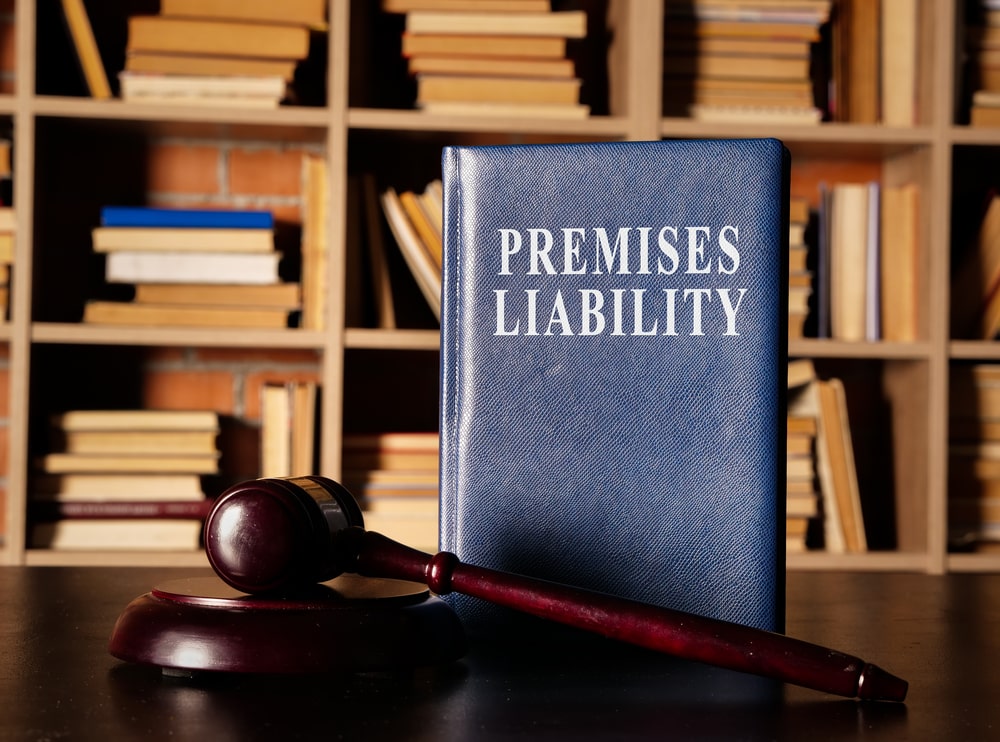Premises liability is a legal concept typically used to describe situations where an individual is injured on someone else’s property due to the property owner’s negligence. An experienced premises liability lawyer will focus on ensuring that victims receive fair compensation for their injuries and losses. Understanding the most common types of cases within this domain can provide individuals with the knowledge needed to navigate these complex legal waters successfully. Our friends at Ted A. Greve & Associates give some examples of premises liability cases below.
Slip And Fall Accidents
Arguably the most recognized scenario under premises liability, slip and fall accidents occur when an individual slips, trips, or falls as a result of a dangerous condition on someone else’s property. These conditions can include wet floors, uneven surfaces, poorly lit areas, or obstacles that are not immediately apparent. Property owners have a duty to maintain their premises in a reasonably safe condition or to warn visitors of potential hazards.
Inadequate Maintenance Of The Premises
Property owners are responsible for the upkeep and maintenance of their premises. When they fail to do so, and this negligence leads to someone’s injury, they can be held accountable. Common issues include broken staircases, malfunctioning elevators or escalators, falling debris, and structural collapses. Victims can suffer significant injuries, and it is crucial that they have skilled legal representation to address these challenges. It is important to make sure places are safe for people who may be coming to them – so always seek legal assistance to ensure the accident does not happen to someone else.
Defective Conditions On The Premises
This category encompasses injuries caused by a permanent or temporary defect on the property. Unlike maintenance issues, which can be fixed with proper attention, defects often involve problems with how parts of the property were designed or constructed. Examples include inadequate building materials, faulty wiring leading to fire or electrocution, and poorly designed walkways that create tripping hazards.
Security-Related Injuries
Owners and occupiers of premises also have a duty to provide a safe environment free from foreseeable harm caused by third parties. This includes implementing adequate security measures in places where there is a reasonable expectation of safety, such as in parking lots, hotels, and apartment buildings. Failure to provide adequate lighting, security cameras, or security personnel can lead to liability if assaults, robberies, or other crimes occur that could have been prevented. A good premises liability lawyer will know whether or not someone can seek compensation for injuries sustained from this.
Dog Bites And Animal Attacks
In many jurisdictions, property owners can also be held liable for injuries caused by animal attacks, particularly dog bites, that occur on their property. The law often holds animal owners strictly liable for injuries caused by their pets, depending on the circumstances. This means that the victim does not need to prove negligence if the attack happened on the property owner’s premises under certain conditions.
Contact A Lawyer
Navigating the complexities of premises liability cases requires a nuanced understanding of the law, a detailed investigation into the circumstances surrounding the injury, and a strategic approach to litigation. Victims of such accidents deserve compassionate, competent representation to ensure they are fairly compensated for their injuries and losses.
If you or a loved one has been injured due to the negligence of a property owner, it’s imperative to consult with a premises liability lawyer. They can offer guidance, support, and representation, advocating for your rights and striving to secure the justice and compensation you deserve. Remember, taking action promptly can be crucial in these cases, so seeking legal advice as soon as possible is highly recommended.


